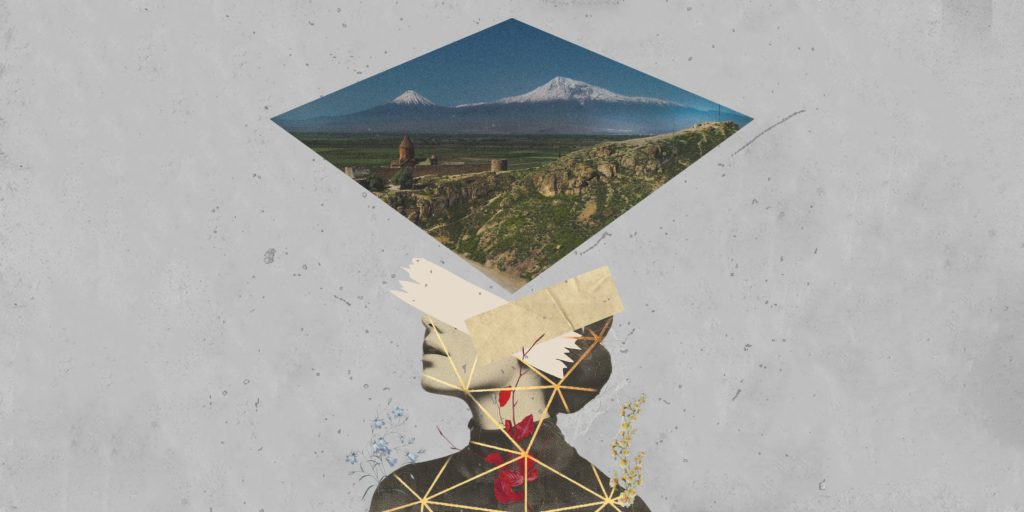
On Sept. 19-20, 2023, Azerbaijan’s offensive against the de facto self-governing Artsakh led to the mass exodus of almost its entire population. More than 100,000 ethnic Armenians, more than half of them being women and young girls, fled to Armenia in the days that followed the attack to seek refuge. A year after they arrived in Armenia, heartbroken, these families still struggle to cope with the tragedy of losing their homes.
Many Armenians from Artsakh refuse to speak about the commemoration of Sept. 19. The loss of a country and ethnic cleansing do not deserve merely a couple of words to articulate how they feel.
Today, they are still trying to rebuild their homes in Armenia through the humanitarian aid programs provided by the Armenian government. According to the International Crisis Group, “It has pledged to fully integrate Karabakh refugees – whose plight has evoked sympathy among the Armenian citizenry – but the resource and planning challenges that lie ahead are substantial.” But to what extent could the Armenian government help its fellow compatriots from Artsakh?
The government of the Republic of Armenia welcomed the former residents of Artsakh generously upon their arrival. Every adult citizen received a one-time payment of $250, followed by a $185 monthly stipend – where the 2023 average minimum wage in Armenia is $668 per month – to cover rent and basic needs. Generous indeed.
Across towns nationwide, refugees have been relying on this assistance, often sharing accommodations with multiple people under one roof to make it last.
However, the financial aid has put significant pressure on the state budget, raising concerns about how long the government can continue providing these payments. This is a considerable challenge for a country of about 2.9 million people, a quarter of whom were already below the official poverty line. Now, at least one out of every 30 people in Armenia is a refugee from Nagorno-Karabakh—comparable to the population of Gyumri, the country’s second-largest city.
Moreover, on March 28, 2024, the Armenian government announced that the support program would be extended to nine months, which consists of “paying 40,000+10,000 AMD per month to each family member to cover living and other expenses.” Additionally, the government issues pensions to the former citizens of Artsakh. However, the program has been criticized by advocacy groups, according to Radio Liberty, and many families are generally dissatisfied as the program is inadequate to cover their basic expenses and necessities, such as food and medicine.
Having said that, the support program is far from perfect as few individuals are selected to receive the aid. According to CivilNet, the Ministry of Labor and Social Affairs of Armenia mentioned that, “as of July 15, 285 families forcibly displaced from Nagorno Karabakh applied for the state assistance program for housing provision. Twenty-nine of those applications have been approved and 29 families have already received certificates.” The rest of the applications are either in process or rejected due to applicants’ non-compliance with the program’s requirements. Meanwhile, the forcibly displaced Armenians wait in extensive queues for registration, document restoration, and citizenship.
Verifying prior work experience and acquiring citizenship have proven difficult due to missing documents, which require both time and financial resources to replace. Having left behind certain documents while rushing to flee, numerous individuals who were employed in Artsakh have now lost their job prospects. Government initiatives aimed at facilitating employment have not been successful.
Due to these conditions, in addition to feeling like an extra burden to an already struggling country, more than 10,000 Armenians from Artsakh left Armenia, with many who settled in Russia.
As we mark a year since the tragic exodus from Artsakh, it’s clear that much more needs to be done. Our fellow Armenians, who have lost their homes, livelihoods, and even their sense of belonging, need our unwavering support now more than ever.
Let us not allow their struggle to fade into memory. Each of us can contribute—whether by extending a helping hand, advocating for better aid, or simply amplifying their voices. Together, we need to help rebuild their lives and ensure the sacrifices of those who came before us are not in vain.
If you wish to help through donations, some of the support funds and NGOs include:

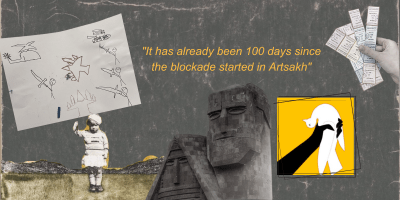






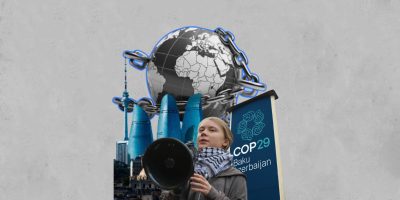


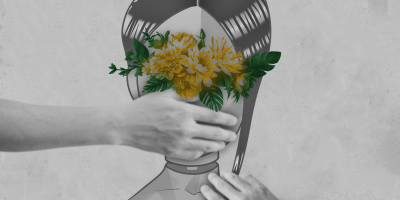
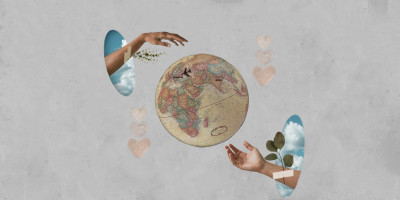

Belle analyse de la situation des déplacés de l’Artsakh qui montre aussi à quel point la gestion des réfugiés est difficile. Merci aussi Gaya pour l’appel aux dons. Nous continuons à aider sur plusieurs programmes nos compatriotes.